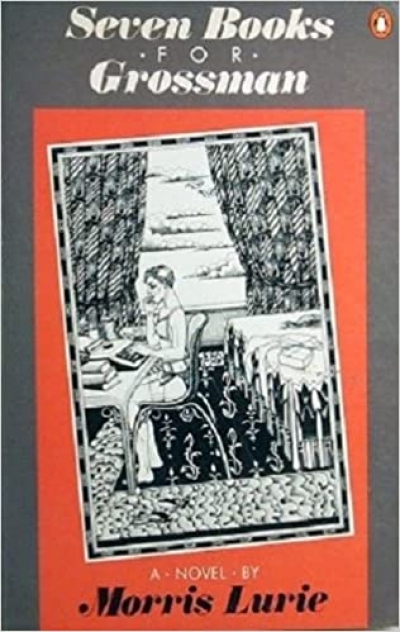Archive
Seven Books for Grossman by Morris Lurie & Uphill Runner by James McQueen
by Frances McInherny •
Birds of Passage by Brian Castro & Getting Away With It by Kevin Brophy
by Graham Burns •
People produce art to explain and honour the life they know, and to many the short story is a logical medium for that expression. The more futuristic art gurus, however, believe that printed pages are destined for extinction as an art form and that the short story will be first on the Dodo list.
... (read more)Stories from Suburban Road: An autobiographical collection by T.A.G. Hungerford
by Andrew Sant •
The Rapes of Lucretia: A myth and its transformations by Ian Donaldson
by Dennis Pryor •
25 Years of Australian Opera by Neil Warren-Smith with Frank Salter
by Harold Love •










